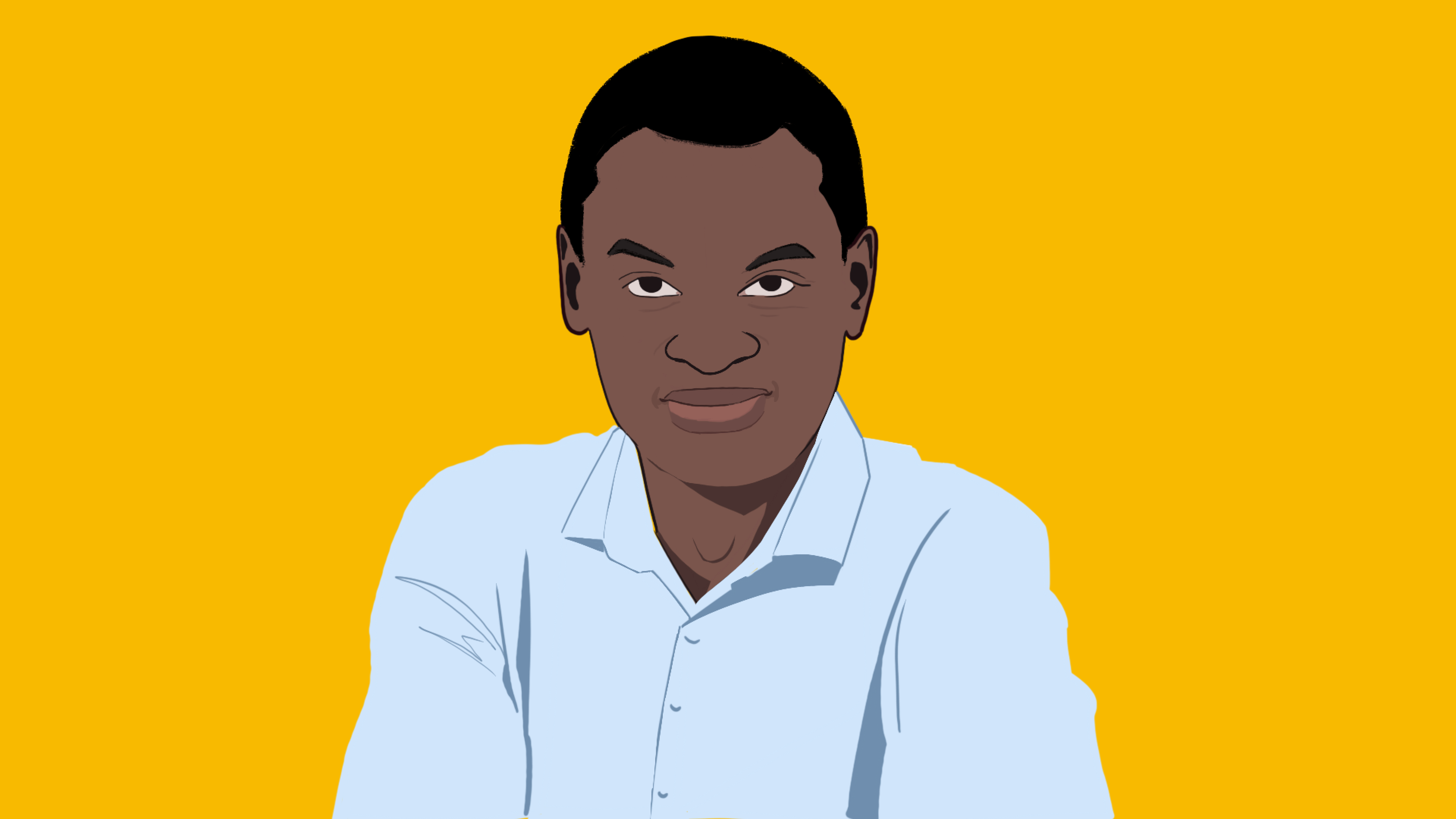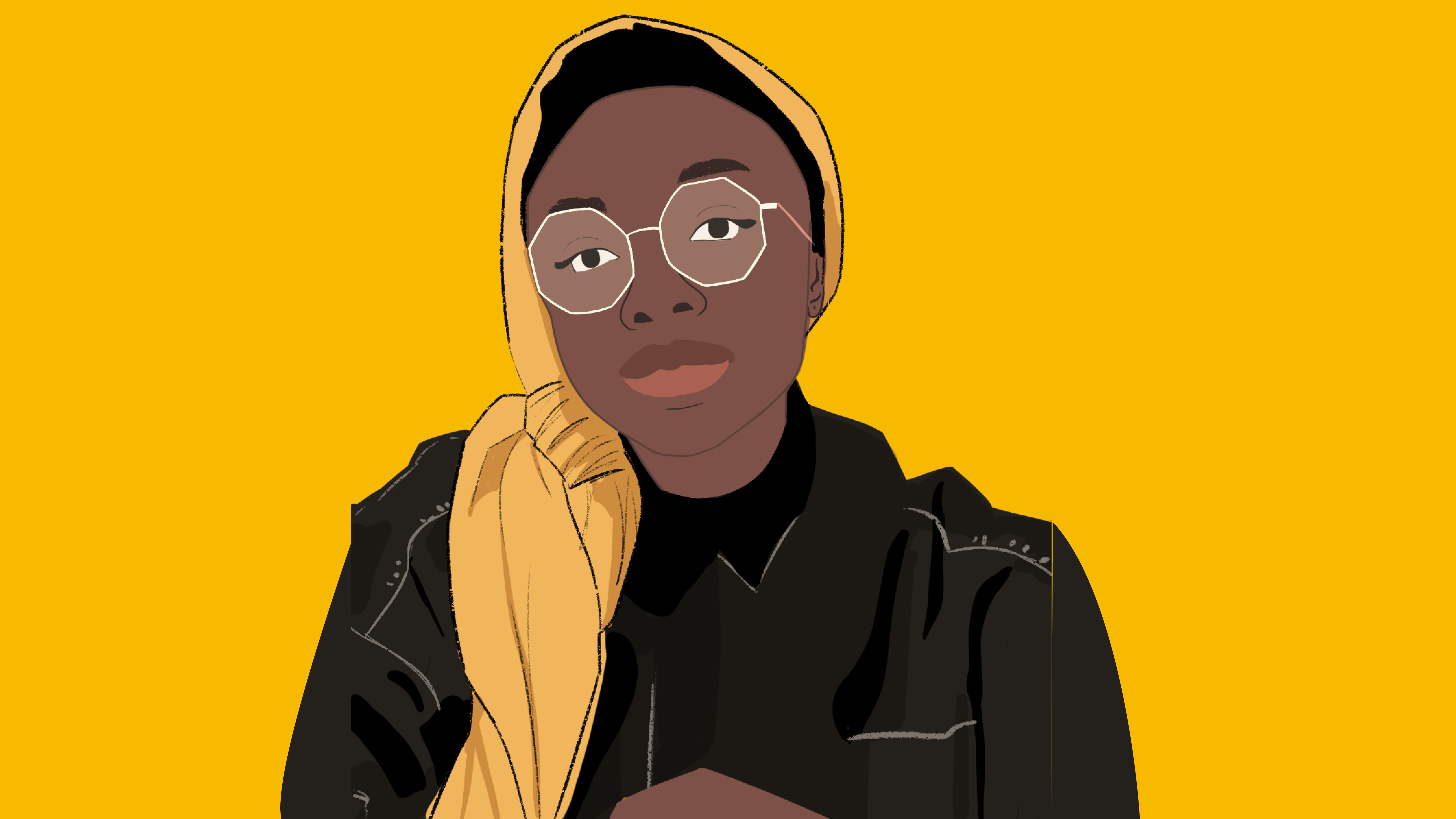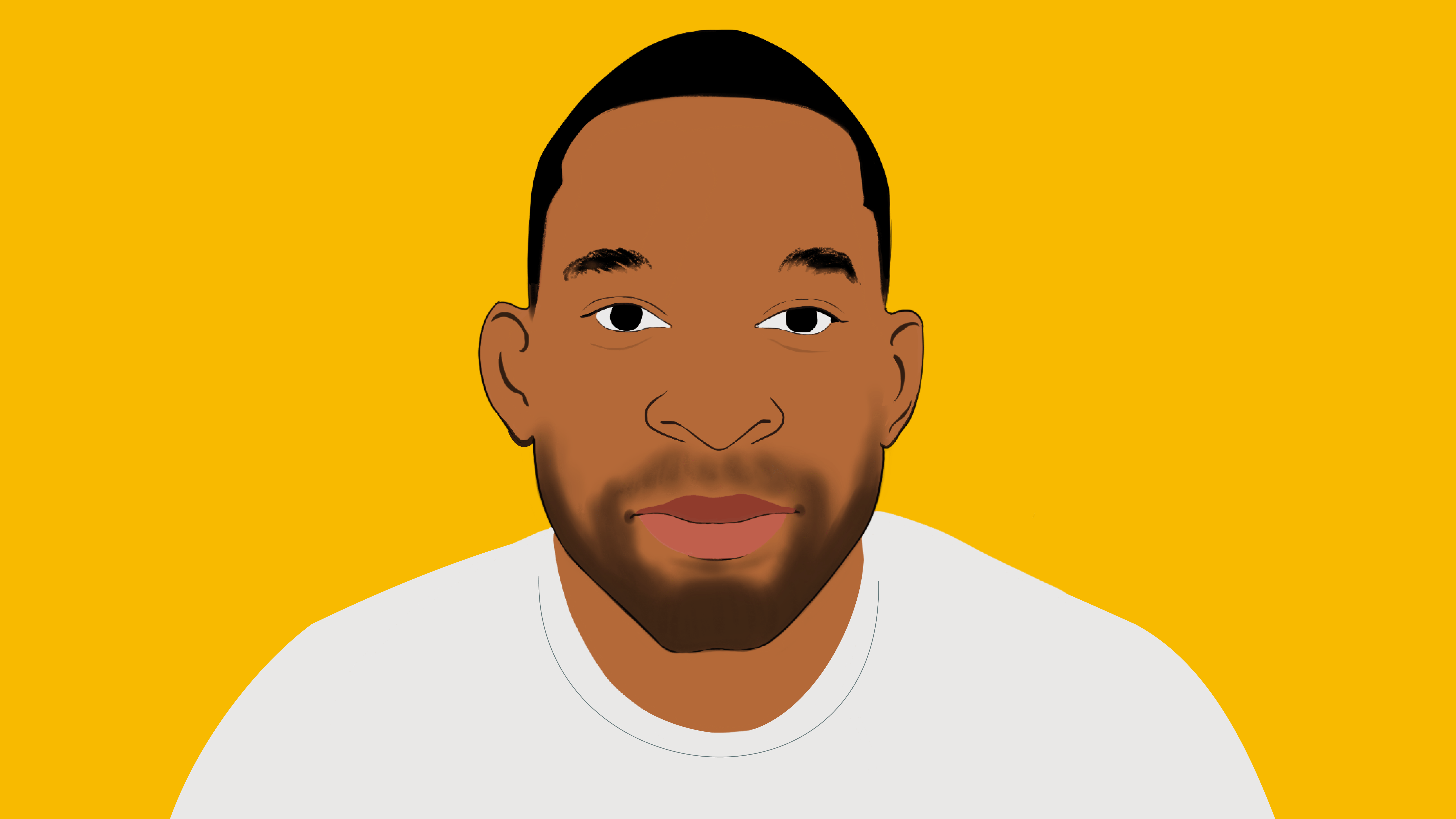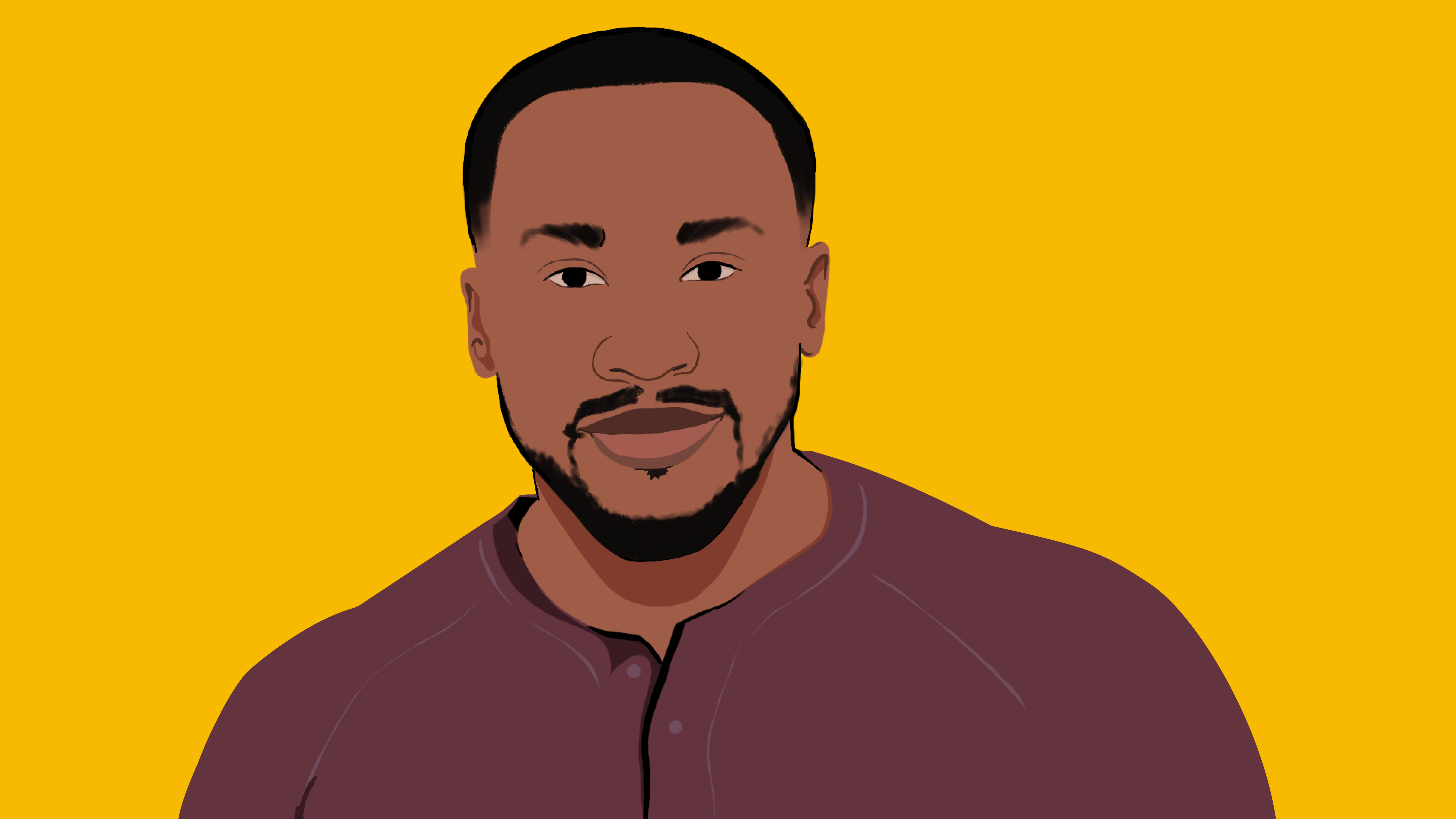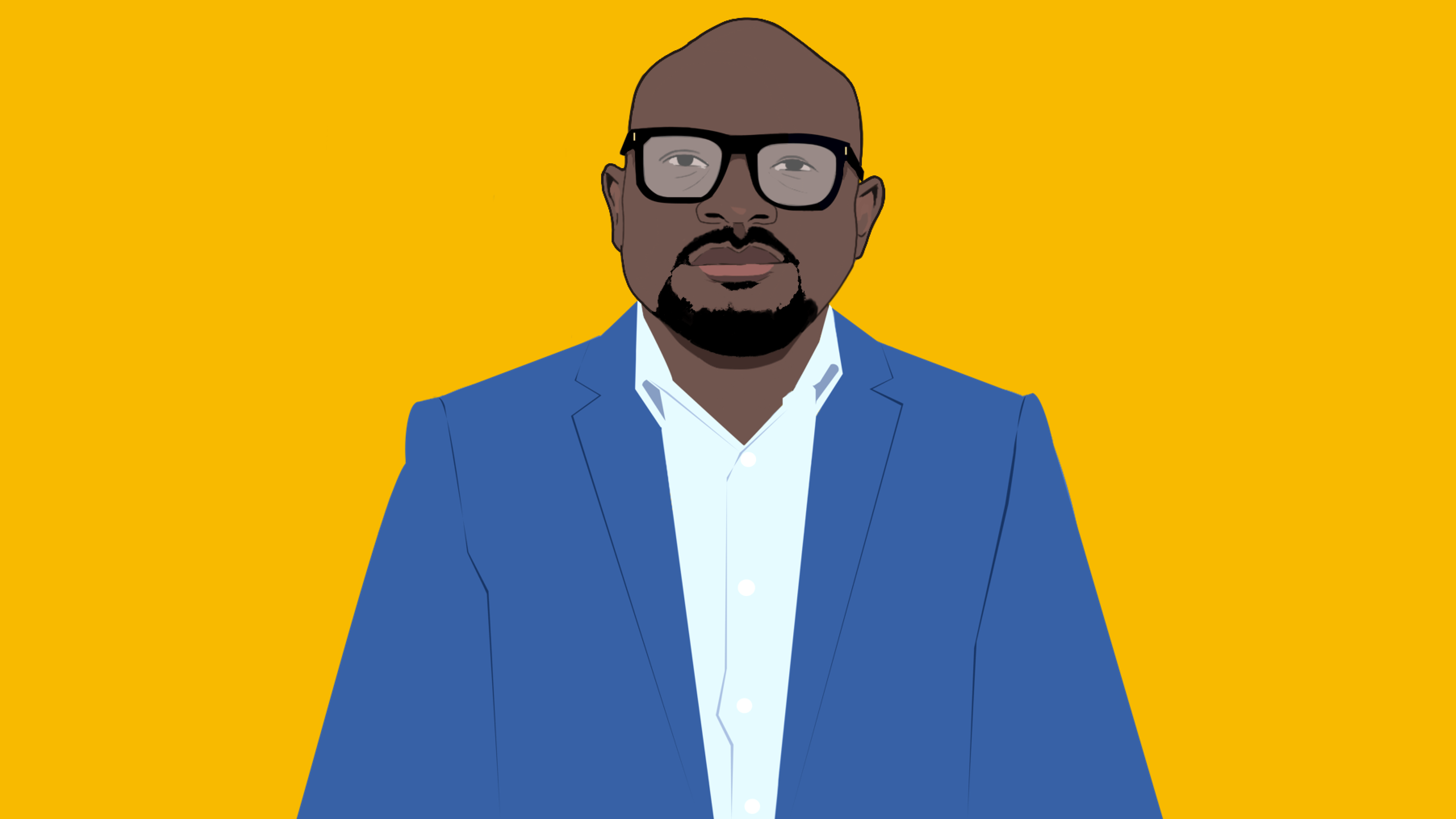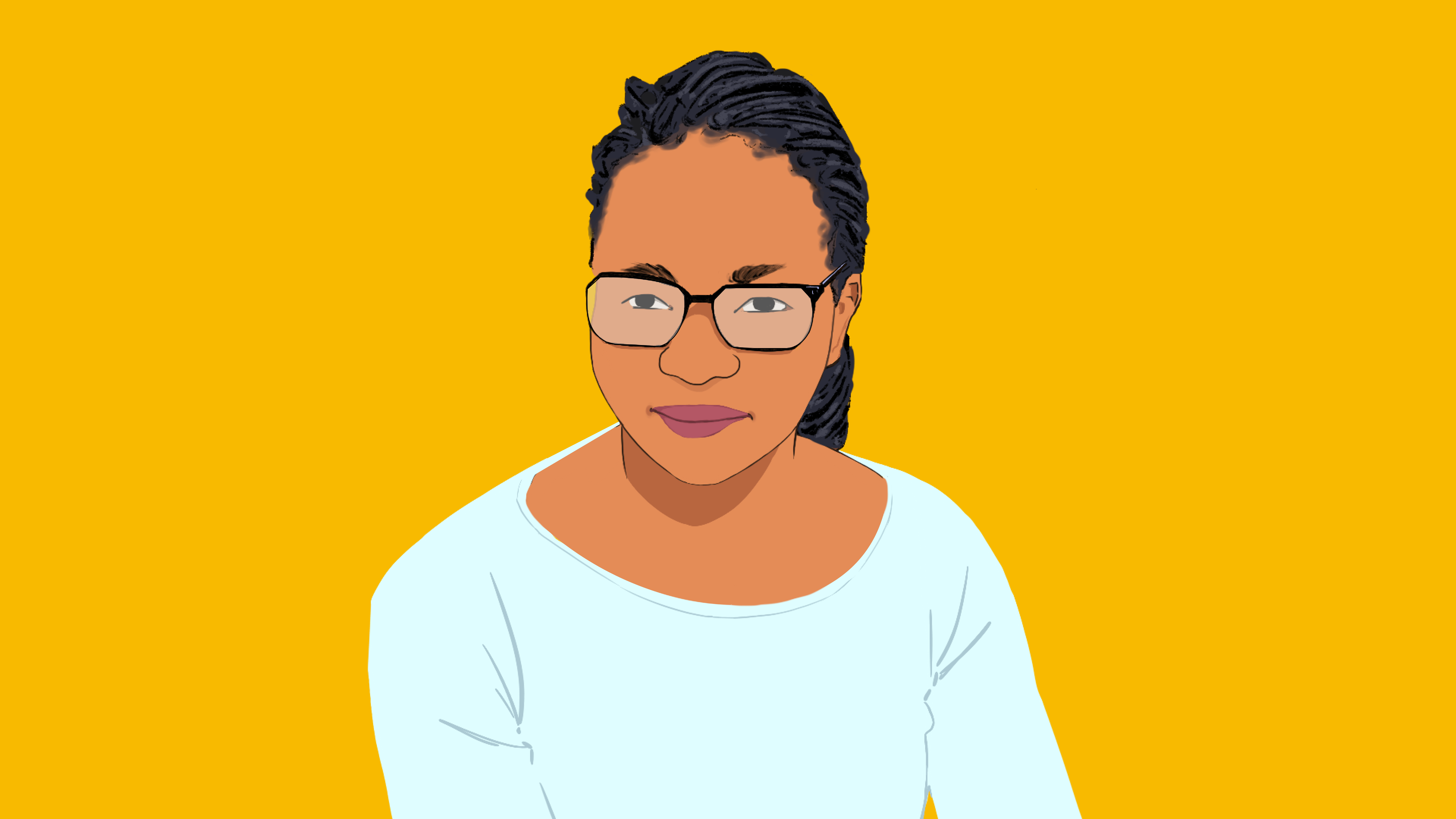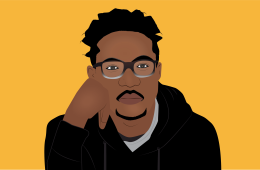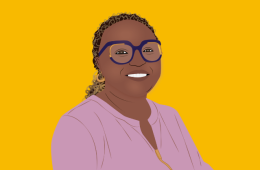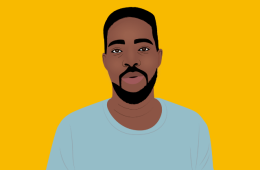‘After the End of History Comes More History’ Thula Simpson’s First Draft
South African historian and author of History of South Africa: From 1902 to the Present, Thula Simpson, believes the most common misconception about South African history is related to apartheid: ‘Many believe that apartheid is the central thread of South African history, the overwhelming fact, the unifying category to which all roads and streams must lead, and which can explain all. In fact, apartheid is a specific period in a much longer history of segregation, and it cannot be understood except in the context of that wider story.’



